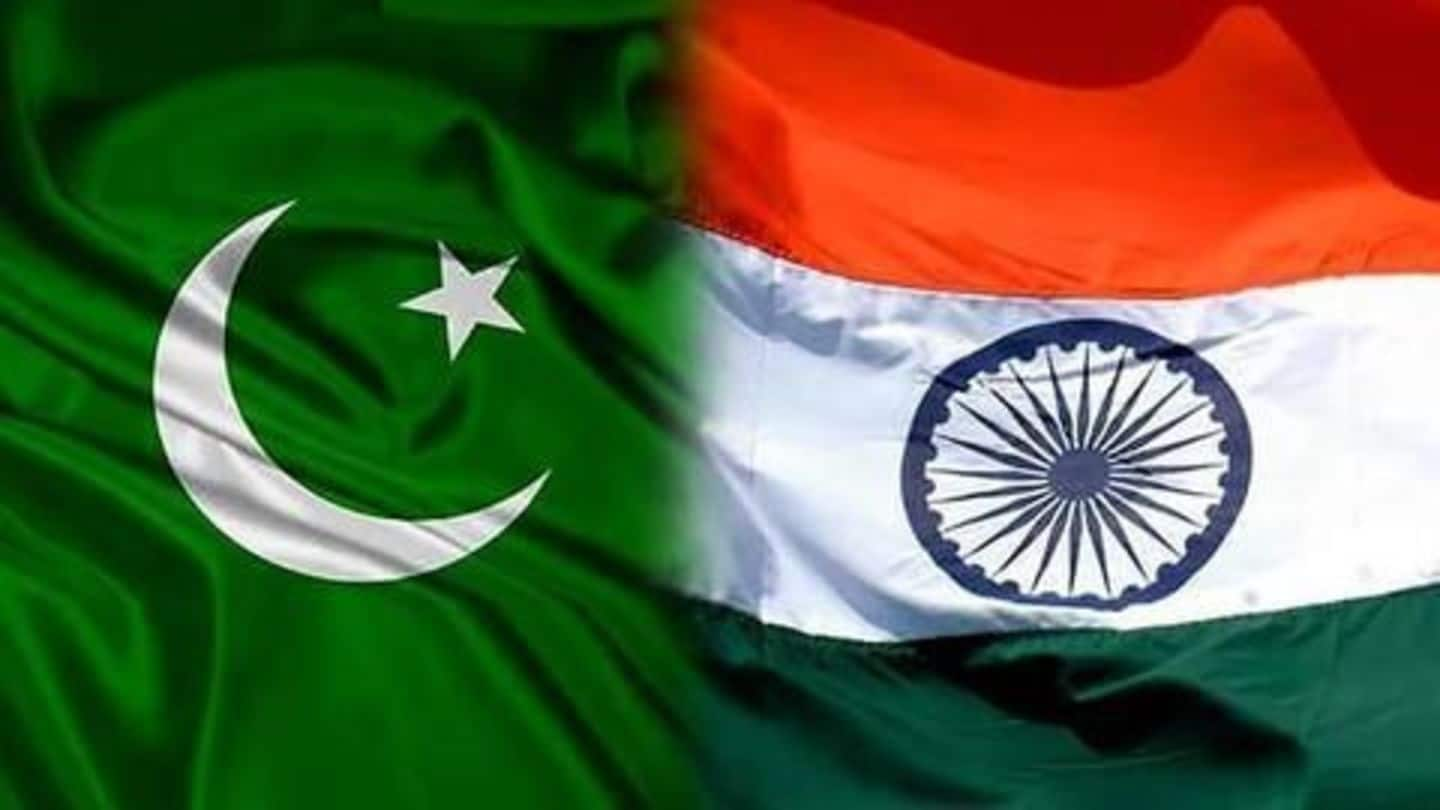
Pakistan accuses India of illegal diversion of nuclear material
What's the story
Pakistan has accused India of diverting nuclear material it received from the NSG and other countries toward making nuclear weapons. Pakistan's Foreign Office spokesperson Nafees Zakaria alleged that "India has accumulated nuclear material for over 2600 nuclear weapons." He also said India was forcing demographic changes in Kashmir. The allegations come amidst increasing Indo-Pak tensions over ceasefire violations and the Kulbhushan Jadhav case.
Allegations
What are the allegations?
Nafees Zakaria made the allegations at a weekly news briefing in Islamabad. Zakaria said India was "diverting nuclear material, obtained on its peaceful use commitment, to its nuclear weapons programme," which had "grave implications for strategic stability in South Asia." He "urged NSG members to consider risks involved in transfer of nuclear material to India and its NSG membership bid."
Justification
How did he justify the allegations?
Zakaria stated that a recently published paper by the Harvard Kennedy School, highlighted concerns about India's un-safeguarded nuclear reactors and India's usage of nuclear material. He stated that several other research papers in the past highlighted the same issue and that the NSG should take notice of it. He said India's lack of transparency and absence of international safeguards created the potential for diversion.
Kashmir
What other issues did he raise?
He also condemned the setting of camps by the RSS in Kashmir, saying it was a ploy by India to induce demographic change in the state. He also accused India of repeatedly violating the ceasefire along the LoC in Kashmir and called upon the United Nations Military Observer Group in India and Pakistan to monitor the situation.
Information
Raises medical visa issue
Zakaria also raised the issue of changed rules for Pakistanis seeking Indian medical visas. He alleged that "Despite paying for their treatment themselves, these patients are being deprived of their basic right to health, due to political consideration on the part of India."